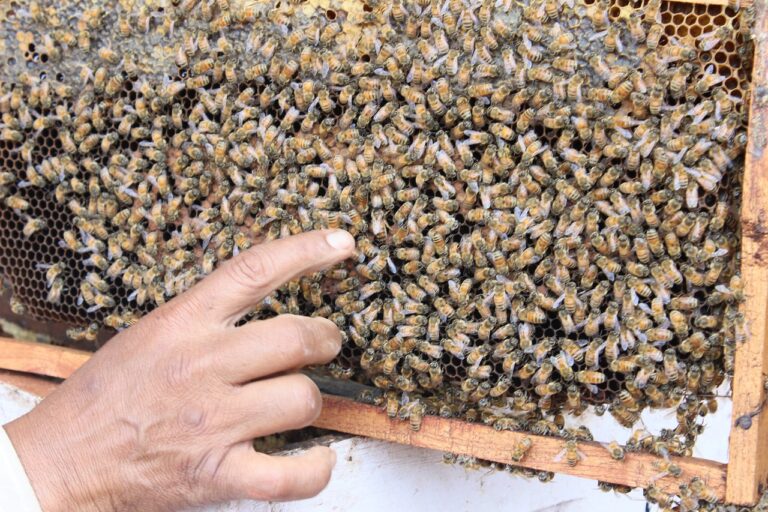How to Use Virtual Town Halls for PAC Campaigns: 11xplay reddy login, Laser247, Skyinplay exchange
11xplay reddy login, laser247, skyinplay exchange: Community gardens have long been a staple in neighborhoods across the country, providing a valuable space for residents to come together, grow fresh produce, and foster a sense of community. However, the impact of Political Action Committees (PACs) on these vital community resources is a complex issue that deserves closer examination.
Overview of PACs and Their Influence
PACs are organizations that raise money to support or oppose political candidates, parties, or legislation. They can play a significant role in shaping public policy at the local, state, and national levels. In recent years, PACs have increasingly turned their attention to local issues, including those related to community gardens.
One of the ways PACs can impact community gardens is through lobbying efforts. By advocating for or against specific policies, PACs can influence how local governments allocate resources for community garden initiatives. This can have a direct impact on the availability of funding, support, and regulatory protections for these valuable community spaces.
Additionally, PACs can influence the political landscape in ways that indirectly affect community gardens. For example, PACs that support candidates who prioritize environmental sustainability or community development may help create a more favorable climate for community garden initiatives. Conversely, PACs that oppose such candidates or prioritize other issues may hinder the progress of community garden programs.
The Role of PACs in Community Garden Funding
One of the most direct ways that PACs can impact community gardens is through their financial contributions. PACs may donate to local politicians who support community garden initiatives, helping to secure funding for these programs. Conversely, PACs that oppose community garden projects may withhold financial support or even actively campaign against them.
The availability of funding can be a make-or-break factor for community gardens, as they often rely on grants, donations, and government support to thrive. PACs can therefore exert a significant influence on the sustainability and success of community garden initiatives through their financial contributions.
In addition to direct funding, PACs can also support community gardens through networking and advocacy. By leveraging their connections and influence, PACs can help raise awareness of community garden issues, build partnerships with other organizations, and mobilize support for these important community resources.
Challenges and Controversies
Despite the potential benefits of PAC involvement in community gardens, there are also challenges and controversies to consider. For example, some community members may be concerned about the influence of outside organizations on local initiatives, fearing that PACs may prioritize their own interests over those of the community.
Additionally, the political nature of PACs can introduce divisiveness and conflict into community garden projects. Differences in political ideology or priorities can lead to disagreements over the direction and goals of community gardens, potentially undermining their effectiveness as inclusive, community-building spaces.
FAQs
Q: Can individuals or grassroots organizations counter the influence of PACs on community gardens?
A: Yes, individuals and grassroots organizations can play a crucial role in advocating for community gardens and ensuring that they remain true to their original purpose of fostering community empowerment and sustainability.
Q: How can community garden organizers navigate the complexities of engaging with PACs?
A: Community garden organizers can overcome these challenges by maintaining transparency, promoting inclusivity, and prioritizing community input and engagement in decision-making processes.
Q: What are some strategies for building resilience in community gardens in the face of political influences?
A: Building strong partnerships, cultivating diverse funding sources, and fostering a culture of collaboration and inclusivity are critical strategies for ensuring the resilience and sustainability of community garden initiatives in the face of political influences.
In conclusion, the impact of PACs on community gardens is a multifaceted issue that requires careful consideration and dialogue. While PACs can provide valuable support and resources for community garden initiatives, their influence can also introduce challenges and controversies that must be addressed through transparency, collaboration, and a commitment to community empowerment. By navigating these complexities with care and diligence, community gardens can continue to thrive as vibrant, inclusive spaces that nourish both bodies and communities.







